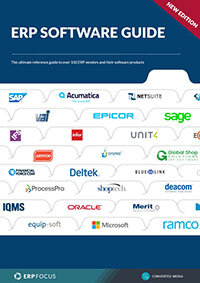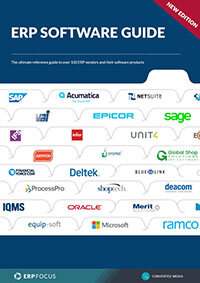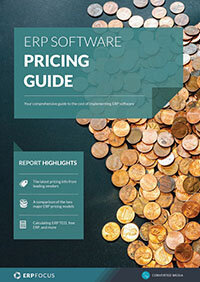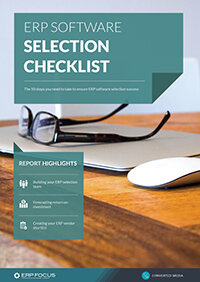7 Reasons Why Your Business Needs Multi-Language ERP
Your Business Operates Globally
If your business operates in different countries with different languages, you need some kind of multi-language ERP. English is today’s lingua franca and many people around the world learn English in schools. But many cannot do their day to day work in English and their native language is necessary for a global business. Even English is not global, people in Australia and United States both speak English but the dialects are quite different.
Your Business Operates Locally and Your Workers Speak Different Languages
People have always moved from country to country and they continue moving today. In San Jose, California, there are people speaking English, Spanish, Mandarin, Tagalog, Hindi, Vietnamese, and other languages. This is common today. It makes sense to ensure no mistakes happen because of an easily avoidable translation error.
Your Customers Work in Different Languages
Even though you have only one business site, your customers can be global and that requires multi-language ERP. You want to know there is simple understanding of invoices for payment as well as other communications for quotes or logistics or specifications.
Your Suppliers Are from around the Globe
You want to buy a widget123. You hope when it arrives, you get the version you need and not the Indian version. Communicating specifications and accurately understood purchase orders is important.
You Have Statutory Compliance Needs
National governments and all levels of local governments want to know you are meeting the obligations they place on your business - language is another barrier to compliance. Good corporate citizenship includes meeting the reporting requirements anywhere you do business, so why not let multi-language ERP do the hard work.
You Need to Report to People in Their Own Language
This is kind of an “all other” category. Multi-language ERP is there to communicate information to all nationalities afterall.
Your Financier Uses Another Language
This could be reason number one. Money talks. Whether you finance through an angel or a lender or a factor, the people with the money can require reporting in their own language as a condition of the financing. Even if they don’t place that requirement, you might consider multi language ERP just so you are easier to do business with.
Many of today’s ERP systems have multi language capabilities. There are also third-party translation systems that can change input screens and reports to a desired language on the fly.
Free white paper

ERP Software Guide
A 70 page guide covering over 100 different software products

Featured white papers
-

ERP Software Pricing Guide
Get the latest pricing information on over 80 popular ERP systems, and learn how to budget for your ERP project in our free guide
Download -

60-Step ERP Selection Checklist
Get the comprehensive checklist for your ERP selection project
Download -

ERP Demo Guide & Scorecard
Master your ERP demo with 5 easy steps using our free guide (includes demo scorecard)
Download
Related articles
-

The best ERP systems for process manufacturing
Consider these ERP systems when selecting your next process manufacturing ERP
-

CMMC Compliance: What Aerospace and Defense Manufacturers Need to Know
Key insights on CMMC compliance, deadlines, and securing DoD contracts with CMMC 2.0 certificatio...
-

5 ERP pricing definitions you need to understand
Have you mastered the ERP pricing lexicon yet? Getting to grips with these five definitions is a ...

